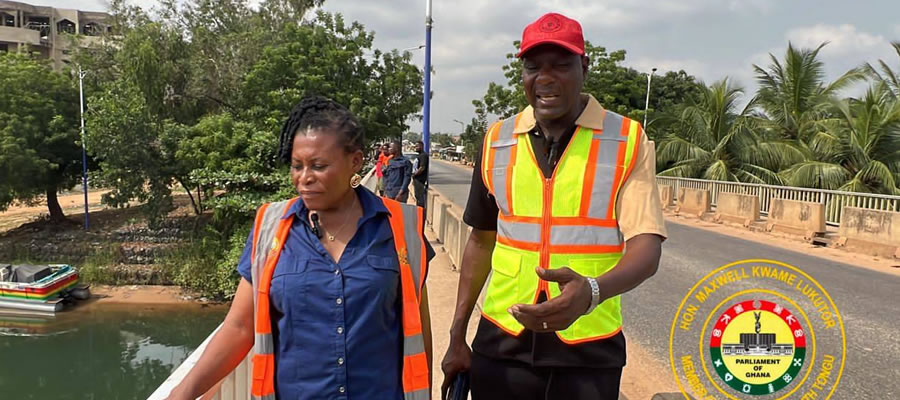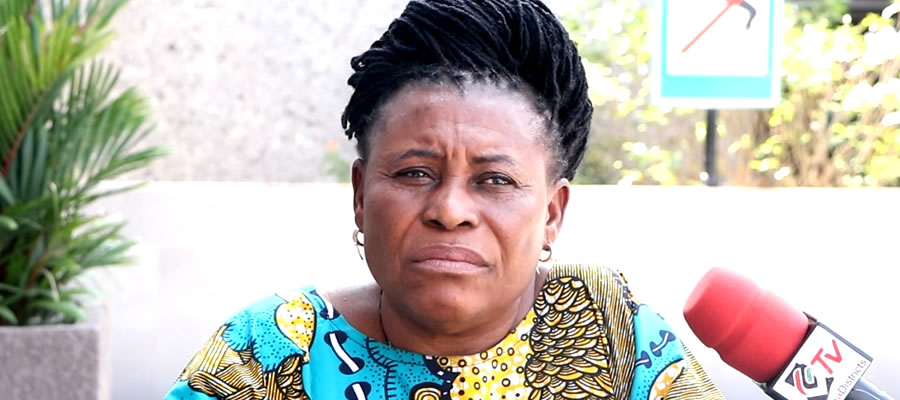

Cultural Heritage and Customs
Ethnic composition
The district is predominantly Ewe speaking with sparse representation of other tribes. The indigenous people (Ewes) account for 90% of the population, Akans 5%, Ga Dangme 1.5%. The increase in non-native population from 1.4% in 1996 to 10% in 2001 might be due to existence of the Volta for fishing purposes, the land for grazing and the location of the district capital along the Accra-Aflao road. The almost homogenous composition of the district has positive effects on the implementation of development programmes and projects.
There are five traditional areas in the district. These are Agave, Fievie, Sokpoe, Tefle and Vume. The Agave Traditional Area is the largest. The main food of the people is "akple" with okro soup. Communal spirit is very high among the people especially those in the rural areas. A sector of the people in the district believes that their powerful rulers and family members are to remain in their family after death. They therefore bury the dead in their houses instead of disposing them at the cemeteries.
Trokosi (Ritual Servitude is a system whereby women are made to atone for the "sins" of their relatives. This practice, has many negative effects on the victims. They are more often abused by their masters and do not acquire any employable skills. This practice is gradually being discouraged. The various shrines in the district are important sources of traditional healing.
The people in the District observe "Agasi" which is a taboo day, which no farming work is done within the week. The day is generally taken as community meeting day where development issues are discussed. This day is also used to organize communal labour where the community members undertake general cleaning of their surroundings and for other development projects within the communities.
Mat weaving, which is exported to Accra, Kumasi and other major cities in the country and the neighbouring countries, is a unique traditional craft of the people in the district. The major festivals celebrated in the district are indicated in pdf file attached
The celebration of these festivals apart from promoting unity amongst people of the same traditional area also engenders development projects in these communities. The trokosi traditional system where women are made to atone for the "sins" of their relatives is still practiced in the district. This practice raises a lot of human right issues and therefore should be modernised or abolished where possible.
Chieftaincy dispute is another negative practice that affects the development of the district. This sometimes delays the implementation of projects and in few instances project are abandoned as a result of chieftaincy disputes. Minor wars are occasionally fought between traditional feuding and their followers.
Table 9 in pdf file shows the breakdown of ethnic groups in the district.
Date Created : 11/23/2017 3:34:27 AM









 facebook
facebook
 X
X
 Youtube
Youtube
 instagram
instagram
 +233 593 831 280
+233 593 831 280 0800 430 430
0800 430 430 GPS: GE-231-4383
GPS: GE-231-4383 info@ghanadistricts.com
info@ghanadistricts.com Box GP1044, Accra, Ghana
Box GP1044, Accra, Ghana